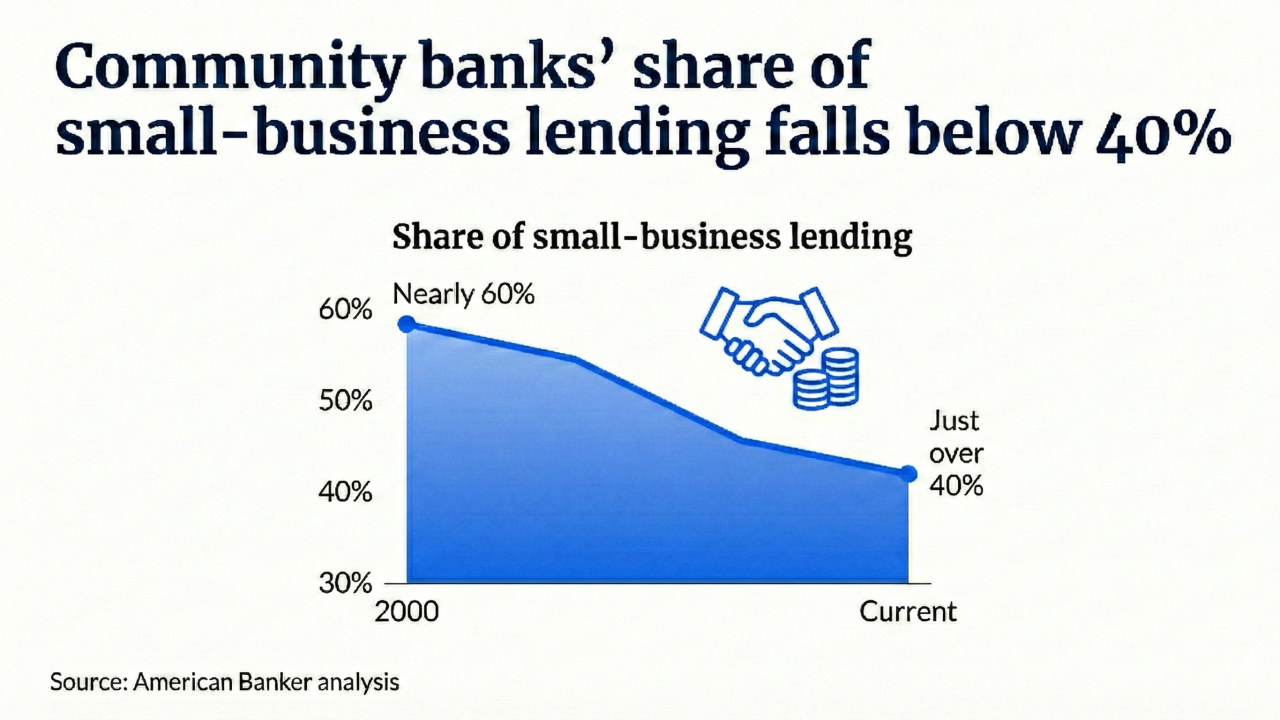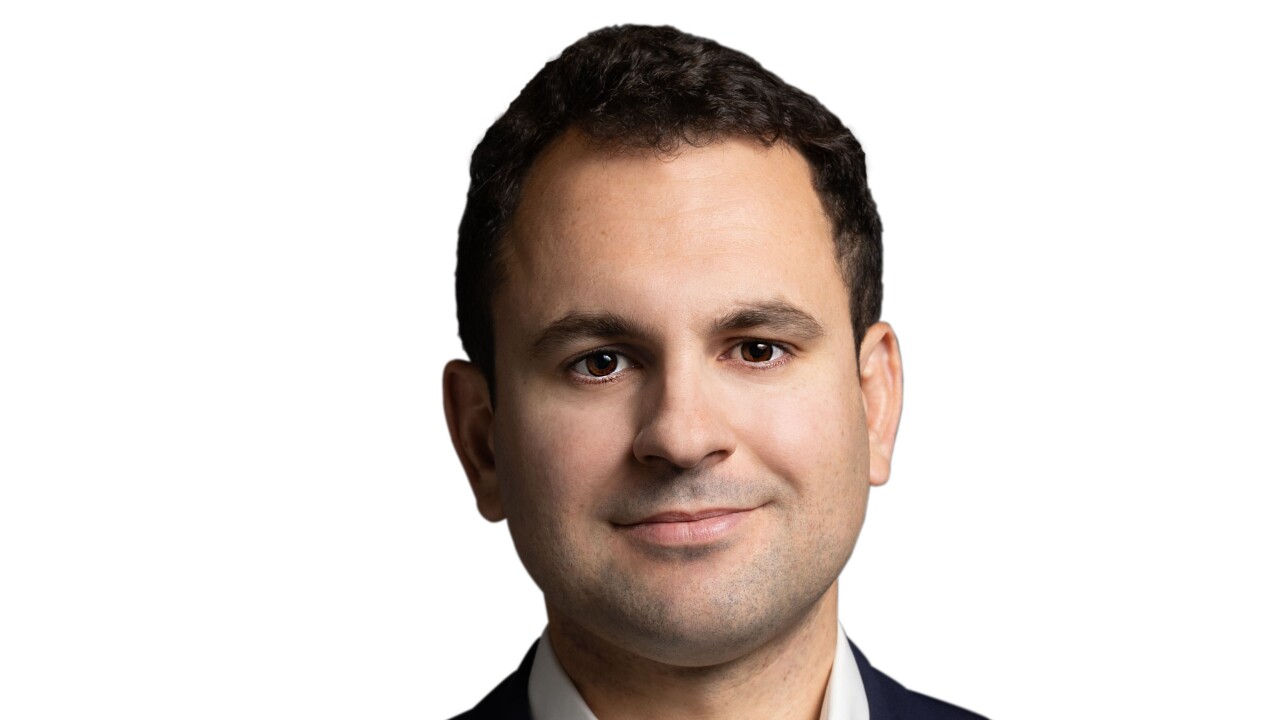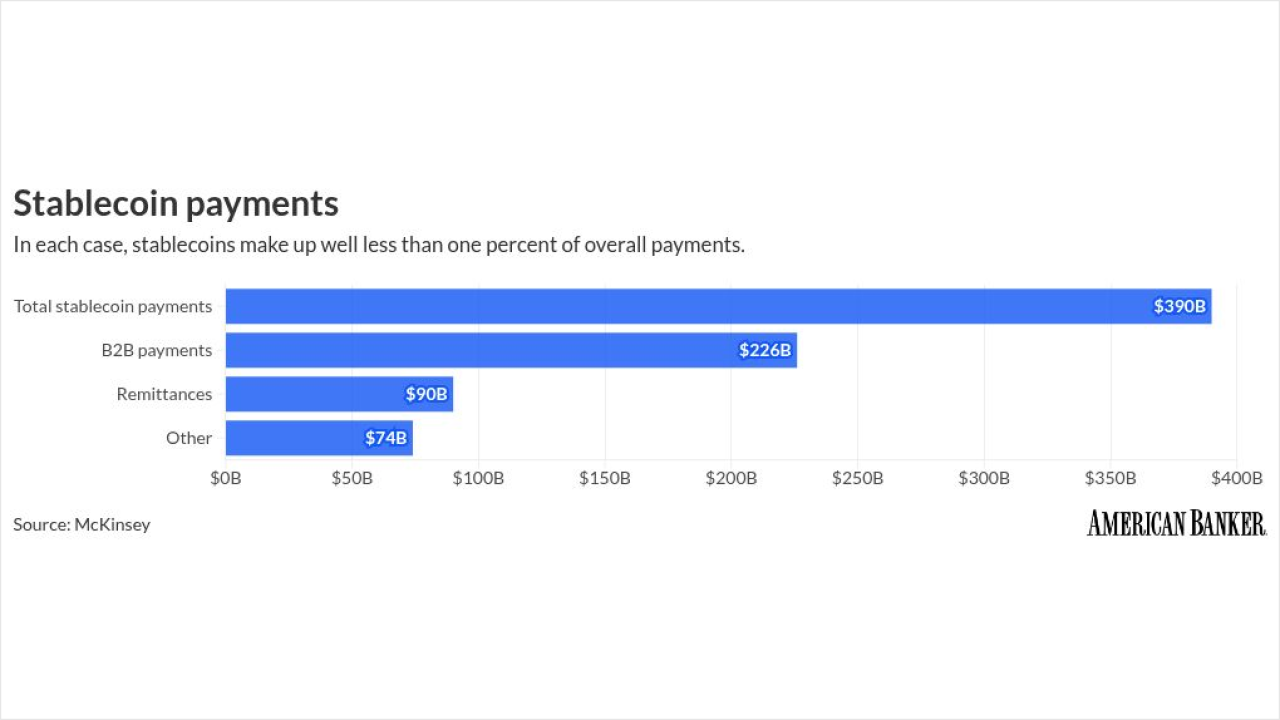WASHINGTON -- Nonprofit hospitals could lose their tax-exempt status if they enter into joint ventures that provide doctors with improper benefits or result in illegal Medicare or Medicaid kickback schemes, the Internal Revenue Service said in a recent internal legal memorandum.
The memo -- general counsel memorandum 39862 -- effectively changes IRS policy by roking three private letter rulings and modifying a 1987 legal memo that had allowed hospitals to set up joint ventures that maintained or attracted doctors by guaranteeing them the gross or net revenues from certain departments or services over a period of time.
The IRS concluded in those rulings and the 1987 memo that such joint ventures would not result in improper benefits to the doctors or a change in the tax-exempt status of the affected hospitals because community health care would be improved.
But the agency changed its stance after determining that these kinds of joint ventures can actually harm health care.
The IRS said in the recent memo that such arrangements can cause doctors to refer patients for treatment that is unnecessary or that could be done at less cost elsewhere. These arrangements also could reduce competition among community health-care facilities and reduce the amount of resources the hospital has available to apply to health care for the poor, the memo says.
Several bond lawyers said yesterday they are concerned the memorandum might throw into question the tax-exempt status of bonds issued by 501(c)(3) hospitals that did not seek rulings themselves but that relied on the revoked to set up such joint ventures.
Their concern stems from the memorandum's statement that, for a hospital that entered such an arrangement without a ruling, "revocation of the hospital's exemption might well be appropriate."
"Obviously, if there is a new threat to the tax-exempt status of a hospital, that could throw into question the tax-exempt status of the bonds," said Paul C. Fiduccia, a lawyer at the local office of Winston & Strawn. "We can only hope that the IRS will apply this prospectively and make it clear since this is a policy change."
One lawyer also said he is concerned that, in order to give opinions on tax-exempt bond transactions for 501(c)(3) hospitals, bond lawyers or hospital lawyers will now be responsible for scrutinizing all such joint ventures and arrangements to make sure there is no Medicare or Medicaid fraud or abuse.
"Potentially, this could be very serious for tax-exempt bond transactions," said R. Todd Greenwalt, a lawyer a Vinson & Elkins in Houston and the chairman of the American Bar Association's task force on 501(c)(3) bonds.
"Nobody gives opinions right now on whether a particular transaction complies with the federal anti-kickback statute," he said, adding that "there's not much case law or guidance in this area" and that "this is not really a tax law problem," but rather a social security problem.
In the memorandum, the IRS concluded that joint ventures that guarantee doctors the gross or net revenues from certain departments or services over a period of time may violate the Medicare and Medicaid Anti-Fraud and Abuse Law.
Commonly referred to as "the anti-kickback statute," this law prohibits hospitals from paying doctors for referrals of patients covered by Medicare, the federal health insurance program for the elderly, and Medicaid, the state-federal insurance program for the poor.
The memorandum says nonprofit hospitals with joint ventures violating the anti-kickback law could lose their tax-kickback status.
But an IRS official stressed in an interview yesterday that the kinds of joint ventures cited in the memorandum as being a threat to the tax-exempt status of a hospital are not very common. He also emphasized that the memorandum does not outlaw all joint ventures between hospitals and doctors.
The memo states, "We do not suggest that a section 501(c)(3) hospital cannot have an appropriately structured incentive compensation plan for employees in which profits are a factor."
"There's no intent to suggest that hospitals cannot be involved in joint ventures with physicians that are properly structured," said T.J. Sullivan, special assistant for health care in the office of the associate chief counsel for employee benefits and exempt organizations.
The memorandum, he said, calls for a close scrutiny "that first looks to see if there is enough justification for a hospital to enter into such an arrangement and then looks at whether the arrangement would result in private inurement or private benefit." Private inurement, he said, would occur if the doctors were able to influence the activities of the hospital.
Mr. Sullivan said the private letter rulings revoked by the memorandum were issued in 1984, 1988, and 1989 before the IRS became fully aware that certain joint ventures between hospitals and doctors could be abusive. The IRS learned about the potential for abuse from such arrangements from its monitoring of nonprofit hospitals, press reports about certain transactions, and discussions with the Department of Health and Human Services' office of inspector general, he said.
It was necessary to modify the agency's stance, he said, to make clear that the IRS should "not just blindly accept a hospital's representations that a joint venture is good for the community" and should recognize that "a hospital's paying for referrals as a means of increasing marketshare is not likely going to be viewed as furthering the exempt purpose of the hospital."
The private letter rulings revoked by the IRS memorandum are 8820093, 8942099, and an unpublished one. The 1987 general counsel memorandum that was modified is GCM 39732.





